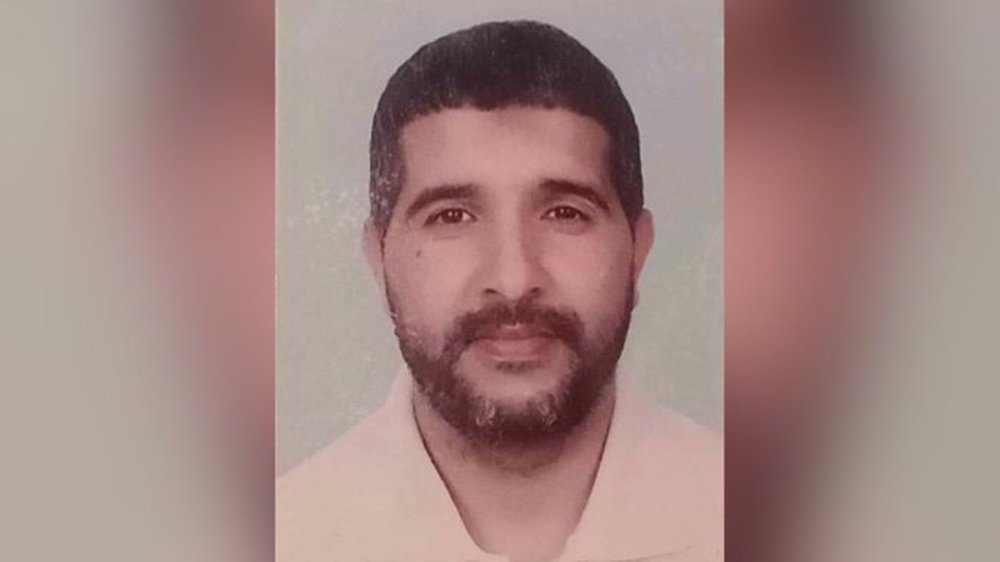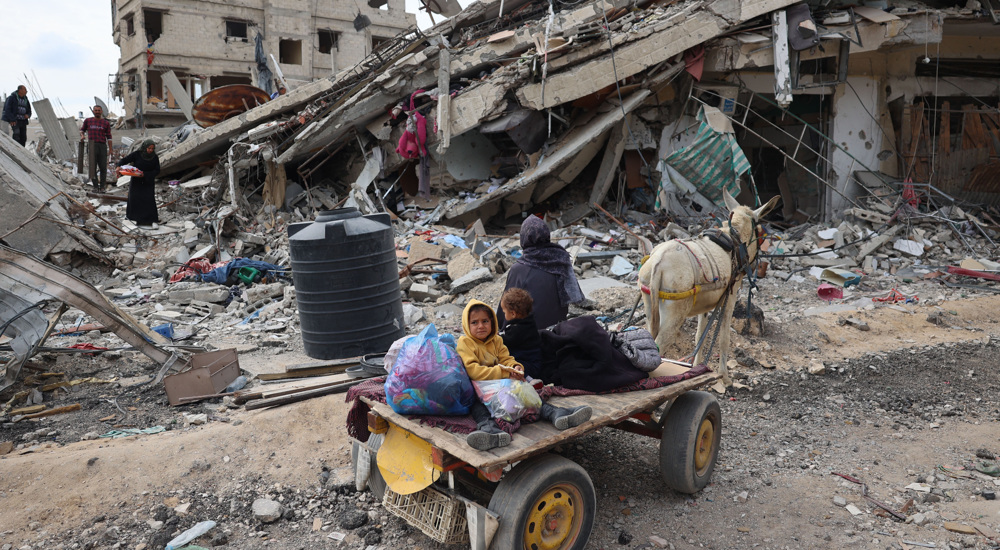Tunisia's new prime minister, cabinet sworn in
The new prime minister of Tunisia, Youssef Chahed, and members of his cabinet have been sworn in following an approval from parliament.
Chahed and his 26 ministers swore to "work devotedly for the good of Tunisia" and to "respect its constitution and laws," the presidency stated on Saturday.
The new unity government won a vote of confidence in parliament earlier in the day.
The 217-seat legislature overwhelmingly approved Chahed's cabinet line-up, with 167 votes in favor, 22 against and five abstentions on Friday.
The 27-strong cabinet includes members from all sides of the political spectrum with eight women and 14 young ministers.
Parliament spokesman Hassen Fathalli said the new government will take office on Saturday while the handover between Chahed and his predecessor, Habib Essid, will happen on Monday.

Chahed was named as the Tunisian premier after Essid was dismissed in a no-confidence vote last month.
Chahed, 41, will become Tunisia’s youngest prime minister since the North African country won independence from France in 1956.
In a speech before the parliamentary vote, Chahed promised that his government will take tough decisions to overcome economic difficulties and create jobs.
"Our situation in 2017, if we don't change anything in our behavior, it will be so much harder … , we will be forced to adopt a policy of austerity. What does this mean? It means that the state would be forced to cut spending on health, healthcare, it would be forced to fire thousands of public sector employees and forced to raise the taxes," he said.
He further noted that fighting corruption and terrorism would be given priority under his administration.
Tunisia has been plagued by violence since the 2011 uprising that ousted the country’s long-time dictator, Zine el Abidine Ben Ali.
Since November 2015, the country has been in a state of emergency in the wake of deadly attacks, including on the Bardo National Museum in Tunis and a seaside resort in Sousse, which were claimed by the Takfiri Daesh terrorist group.
The African state is also struggling with problems such as lower tourism revenues, poverty, unemployment, corruption and regional disparities. Labor strikes and protests have also hurt Tunisia's phosphate industry.
VIDEO | Press TV's news headline
Situation normal after air defenses fire at 'suspicious objects' in Iran
‘Iran retaliation against Israel ensured no aggression would go unanswered’
US vetoes Palestinian request for full UN membership
Iran sufficed to strike only part of Israel’s military positions: FM to UN chief
IRGC: Israel’s Dimona nuclear reactor not among Op. True Promise’s targets
VIDEO | West Asia awakens
'Stop any further Israeli adventurism,' Iran FM tells Security Council















 This makes it easy to access the Press TV website
This makes it easy to access the Press TV website